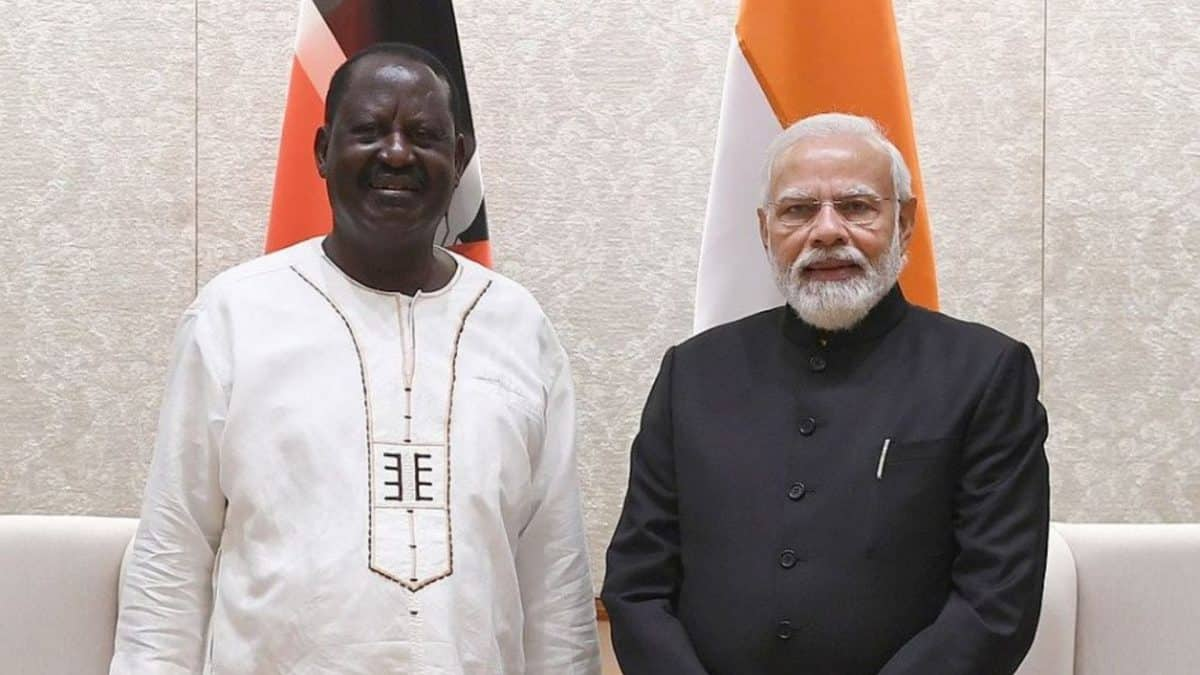The Supreme Court deferred the hearing on the Ayodhya temple dispute to 8 February, 2018 on Tuesday as petitioners sought more time translate and file all documents. A high voltage drama marked Tuesday’s hearing with lawyers representing the Sunni Waqf Board and the Babri Masjid Action Committee, virtually threatening to walk out of the proceedings as the bench asked senior advocate CS Vaidyanathan, representing the deity Ram Lalla Virajman, to commence his submissions in the case. A three-judge bench was hearing a batch of petitions challenging a 2010 Allahabad High Court verdict on the Ayodhya title suit that divided the disputed Babri Masjid site between the Nirmohi Akhara, deity Lord Ram and the Sunni Waqf board. [caption id=“attachment_2557470” align=“alignleft” width=“380”] Representational image. AFP[/caption] A bench of Chief Justice Dipak Misra, Justice Ashok Bhushan and Justice S Abdul Nazeer directed all the advocates on record to work in harmony and ensure that all documents are filed, if not already filed to avoid further delay. Meanwhile, even as arguments could not commence Tuesday, the hearing lasted roughly 100 minutes. At the outset, senior Congress leader Kapil Sibal, representing the Sunni Waqf Board, said he does not believe that the State of Uttar Pradesh (a litigant in the case) has filed all the relevant documents it presented in Allahabad High Court in the apex court. Sibal argued that the hearing should thus be delayed. However, Additional Solicitor General Tushar Mehta, appearing for the Uttar Pradesh government, vehemently opposed contentions that the pleadings were not complete and asserted that everything has been complied with and the cases were ripe for hearing. Sibal responded by questioning how voluminous documents of over 19,000 pages can be translated and filed within such a short time.
Ayodhya dispute: Kapil Sibal who is representing Sunni Waqf Board raised doubts over assertions of ASG Mehta that how come more than 19000 pages of documents can be filed in such short time.Sibal told SC he &other petitioners have not been served relevant documents of pleadings
— ANI (@ANI) December 5, 2017
Sibal, on behalf of the Sunni Waqf Board, also sought that the matter should be heard by a larger bench of at least five of seven judges as it is perhaps one of the most important law suits in independent India, CNN-News 18 reported. The apex court bench, however, “prima facie” declined the forceful plea by a battery of senior lawyers including Sibal and Rajeev Dhavan that the appeals be either referred to a five or seven judge bench, keeping in mind the sensitive nature of the case and its ramifications on the country’s secular fabric and polity. Sibal then went on to say that whenever this matter is heard, there are serious repercussions outside court. Sibal argued that the hearing has political bearings too as it is no ordinary case, and hence the hearing should be deferred to 15 July, 2019. The Supreme Court bench, while taking serious note of his assertions, agreed that it is not an ordinary suit, added that “it needs to start somewhere,” the apex court rejected the argument to delay the hearing. The bench expressed shock and surprise on the request and asked, “What kind of submission is this? You are saying July 2019. Should it not be heard before that?”
Ayodhya Dispute: Kapil Sibal told SC that whenever this matter is heard,there are serious repercussions outside court and to preserve the decorum of law and order,and that he personally requests court to take this matter up on July 15, 2019, once all the pleadings are complete
— ANI (@ANI) December 5, 2017
Meanwhile, activist Teesta Setalwad’s Citizens for Justice and Peace group filed an intervention requesting the court to make it a party in the case. The signatories of the petition included filmakers Shyam Benegal and Amrita Sen, whose primary request was to build a secular structure at the disputed cite rather than a temple or a mosque. The Supreme Court is yet to take a view on their petition. In a separate but related development, the Shia Waqf Board claimed that the Supreme Court took note of its compromise formula, which in essence espouses building a temple at the disputed site for ensuring communal harmony. The board has told the top court that peaceful settlement between the parties was in “national interest” and would bring about harmony between Hindus and Muslims in the country. Claiming that the Shia board was the rightful owner of the disputed property, Wasim Rizvi, the chairman of the board, said that they were ready to give up “all the rights” over the land to pave the way for construction of Ram Mandir. The board, in return sought one acre land to Shia community for constructing new masjid outside the religious peripheries of Ayodhya.
Supreme Court took on record the compromise formula as suggested by Shia Waqf Board: Wasim Rizvi, Shia Waqf Board #SibalMandirTrap pic.twitter.com/5M9dvnFbiu
— News18 (@CNNnews18) December 5, 2017
However, the Sunni Waqf Board is vehemently opposed to any such compromise formula. A three-judge bench of the Allahabad High Court, in a 2:1 majority ruling, ordered that the land be partitioned equally among three parties: The Sunni Waqf Board, the Nirmohi Akhara and the deity Ram Lalla. With inputs from agencies


)




